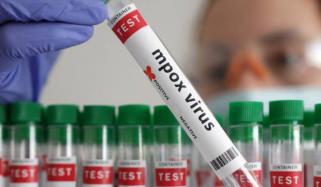
Mary Brunkow, Fred Ramsdell, and Shimon Sakaguchi have received the 2025 Nobel Prize award in Physiology or Medicine to discover how the immune system protects the body from battling itself.
Their research revealed the pivotal role of regulatory T-cells, assisting to maintain immune balance and prevent autoimmune diseases.
In the 1990s, Sakaguchi found that removing the thymus from newborn mice caused their immune systems to attack their organs.
He later discovered that regulatory T-cells were key to stopping this response.
In 2001, Brunkow and Ramsdell found the Foxp3 gene is necessary to develop these cells. Mutations in this gene can cause the immune system to target the body’s own tissues.
Nobel Committee Chair Olle Kämpe stated, “Their discoveries have been decisive for our understanding of how the immune system functions.”
The trio will share 11 million Swedish kronor (about $1.1 million).
Brunkow is currently serving at the Institute for Systems Biology in Seattle, Ramsdell at Sonoma Biotherapeutics, and Sakaguchi works as a professor at Osaka University.
Ramsdell is reportedly off-grid backpacking in Idaho and hasn’t yet heard the news.
Their work has opened windows to a range of treatments for autoimmune diseases, cancer, and organ transplant complications, marking a significant step towards development in medical science.
Sakaguchi further revealed plans to continue researching how to adjust immune responses to battle cancer.
















